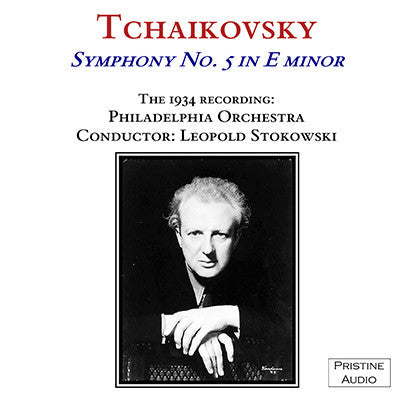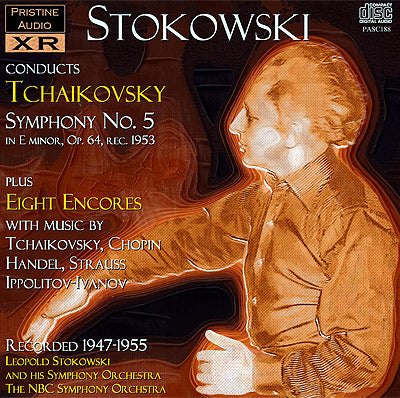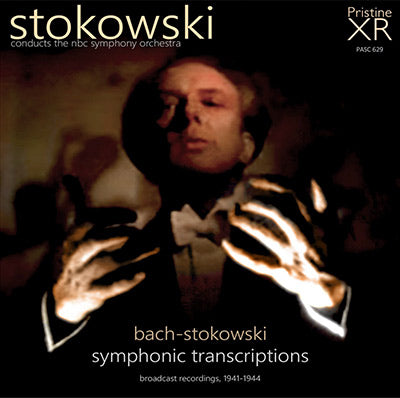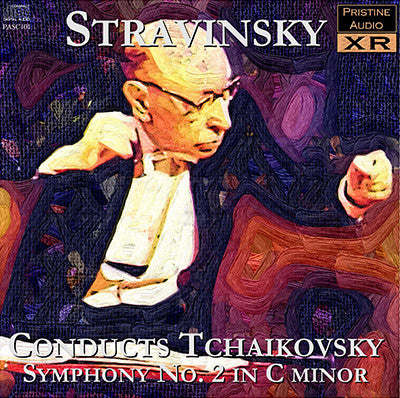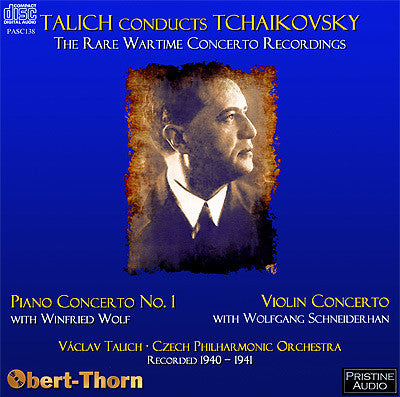Tchaikovsky
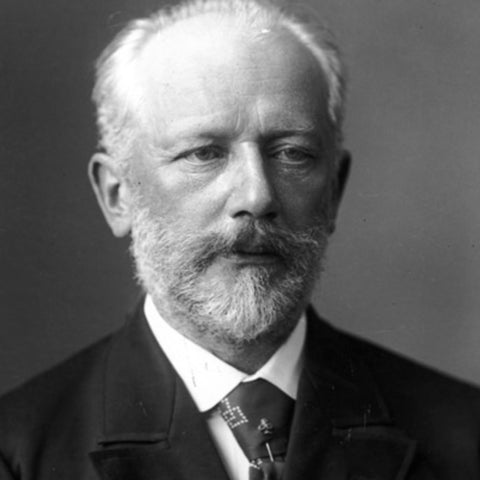
Although musically precocious, Tchaikovsky was educated for a career as a civil servant. There was scant opportunity for a musical career in Russia at that time and no system of public music education. When an opportunity for such an education arose, he entered the nascent Saint Petersburg Conservatory, from which he graduated in 1865. The formal Western-oriented teaching he received there set him apart from composers of the contemporary nationalist movement embodied by the Russian composers of The Five, with whom his professional relationship was mixed. Tchaikovsky's training set him on a path to reconcile what he had learned with the native musical practices to which he had been exposed from childhood. From this reconciliation, he forged a personal but unmistakably Russian style—a task that did not prove easy. The principles that governed melody, harmony and other fundamentals of Russian music ran completely counter to those that governed Western European music; this seemed to defeat the potential for using Russian music in large-scale Western composition or for forming a composite style, and it caused personal antipathies that dented Tchaikovsky's self-confidence. Russian culture exhibited a split personality, with its native and adopted elements having drifted apart increasingly since the time of Peter the Great. This resulted in uncertainty among the intelligentsia about the country's national identity—an ambiguity mirrored in Tchaikovsky's career.
Despite his many popular successes, Tchaikovsky's life was punctuated by personal crises and depression. Contributory factors included his early separation from his mother for boarding school followed by his mother's early death, the death of his close friend and colleague Nikolai Rubinstein, and the collapse of the one enduring relationship of his adult life, which was his 13-year association with the wealthy widow Nadezhda von Meck. His homosexuality, which he kept private, has traditionally also been considered a major factor, though some musicologists now downplay its importance. Tchaikovsky's sudden death at the age of 53 is generally ascribed to cholera; there is an ongoing debate as to whether cholera was indeed the cause of death, and whether it was accidental or self-inflicted.
While his music has remained popular among audiences, critical opinions were initially mixed. Some Russians did not feel it was sufficiently representative of native musical values and expressed suspicion that Europeans accepted the music for its Western elements. In an apparent reinforcement of the latter claim, some Europeans lauded Tchaikovsky for offering music more substantive than base exoticism and said he transcended stereotypes of Russian classical music. Others dismissed Tchaikovsky's music as "lacking in elevated thought," according to longtime New York Times music critic Harold C. Schonberg, and derided its formal workings as deficient because they did not stringently follow Western principles.

Tchaikovsky
TCHAIKOVSKY Symphony No. 6 'Pathétique'
TCHAIKOVSKY Romeo and Juliet
Live broadcast recordings, 1944
Total duration: 67:29
NBC Symphony Orchestra
conducted by Leopold Stokowski
TCHAIKOVSKY Symphony No. 5
Recorded 1934
Duration 46:13
The Philadelphia Orchestra
Conductor: Leopold Stokowski
TCHAIKOVSKY Symphony No. 5
Encores by TCHAIKOVSKY, CHOPIN, HANDEL, IPPOLITOV-IVANOV, J STRAUSS
Studio recordings, 1947-1955
Total duration: 74:09
Leopold Stokowski and His Symphony Orchestra
The NBC Symphony Orchestra
conducted by Leopold Stokowski
STOKOWSKI The Pristine NBC Symphony Series
A 16-CD set featuring music by: Amfitheatrof, Antheil, Bach, Beethoven, Brahms, Butterworth, Cooley, Copland, Creston, Debussy, Gould, Hanson, Harris, Hindemith, Holst, Hovhaness, Kelly, Lavalle, Milhaud, Mohaupt, Ravel, Rimsky-Korsakov, Schoenberg, Schuman, Shostakovich, Stravinsky, Stringfield, Tchaikovsky, Thomson, Vaughan Williams, Wagner
Anne Brown. soprano
Winifred Heidt. contralto
William Horne. tenor
Lawrence Whisonant. bass
Eduard Steuermann, piano
Collegiate Chorale
The Westminster Choir
NBC Symphony Orchestra
conducted by Leopold Stokowski
Save 5% when you purchase the complete set
TCHAIKOVSKY Symphony No. 2 in C minor, Op. 17, "Little Russian"
Recorded 1953
Duration 34'54"
Los Angeles Philharmonic Orchestra
conducted by Igor Stravinsky
TCHAIKOVSKY Piano Concerto No. 1
TCHAIKOVSKY Violin Concerto
Recorded 1940/41
Total duration: 65:52
Winfried Wolf, piano
Wolfgang Schneiderhan, violin
Czech Philharmonic Orchestra
conducted by Václav Talich


